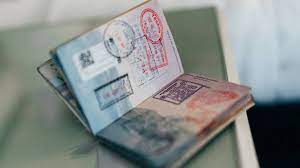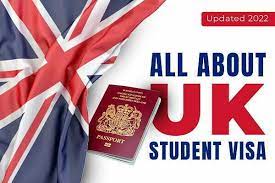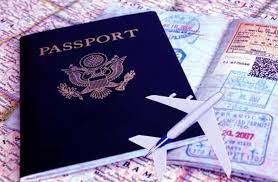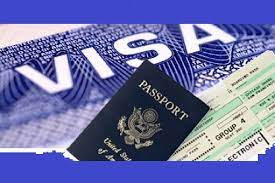Journey to India Indian Visa Requirements for Ghanaian Citizens and Yoga Enthusiasts
Introduction:
India, a land where ancient traditions and spiritual wisdom meet breathtaking Indian Visa for Ghana Citizens landscapes and vibrant cultures, has long been a place of pilgrimage for global travelers. Whether you are a citizen of Ghana looking to explore the wonders of India or a yoga enthusiast seeking to deepen your practice, understanding the Indian visa application process is a crucial first step. In this comprehensive guide, we will take you through the Indian visa requirements tailored for both Ghanaian citizens and yoga enthusiasts.
Part I: Indian Visa Application for Ghanaian Citizens
1. Visa Categories:
- Explore the various visa categories available, such as tourist visas, business visas, and medical visas, and choose the one that suits your travel purpose.
2. Eligibility Check:
- Review the eligibility criteria for your chosen visa category, considering factors like the purpose of your visit and the duration of your stay.
3. Required Documents:
- Gather essential documents, including a valid passport, recent passport-sized photos, a completed visa application form, and any additional documents specific to your chosen visa category.
4. Visa Fee Payment:
- Understand the visa fee structure and the accepted modes of payment for visa applications.
5. Application Submission:
- Explore the application submission options, such as applying online or through the Indian Visa Application Center (IVAC) if available in your country.
Part II: Indian Visa Application for Yoga Enthusiasts
1. Yoga Visa:
- Learn about the special “Yoga Visa” category and the eligibility criteria for yoga enthusiasts who wish to study or practice yoga in India.
2. Required Yoga School Certification:
- Understand the necessity of obtaining a valid certification from a recognized yoga school or institution in India.
3. Document Preparation:
- Gather the necessary documents, including your yoga school’s certification, a valid passport, recent passport-sized photos, a completed visa application form, and any additional documents required for the Yoga Visa.
4. Visa Fee Payment:
- Pay the prescribed visa fee and keep the payment receipt as proof.
5. Application Submission:
- Explore the various ways to submit your Yoga Visa application, whether it’s through the Indian government’s official website or a local application center if available.
Part III: The Visa Approval Process
1. Processing Time:
- Be aware that processing times may vary, so apply well in advance of your intended travel date.
2. Visa Issuance:
- Understand the visa issuance process and what to do if your application is approved.
Part IV: Exploring India
- With your Indian visa secured, you’re ready to embark on a journey to experience India’s rich traditions, diverse cultures, and the profound practice of yoga.
Conclusion:
India offers a unique blend of cultural richness and spiritual depth. Whether you’re a citizen of Ghana or a yoga enthusiast, this guide equips you with the knowledge and steps required to successfully apply for an Indian visa, opening the door to India’s Indian Visa for Yoga incredible cultural heritage and the transformative power of yoga.















